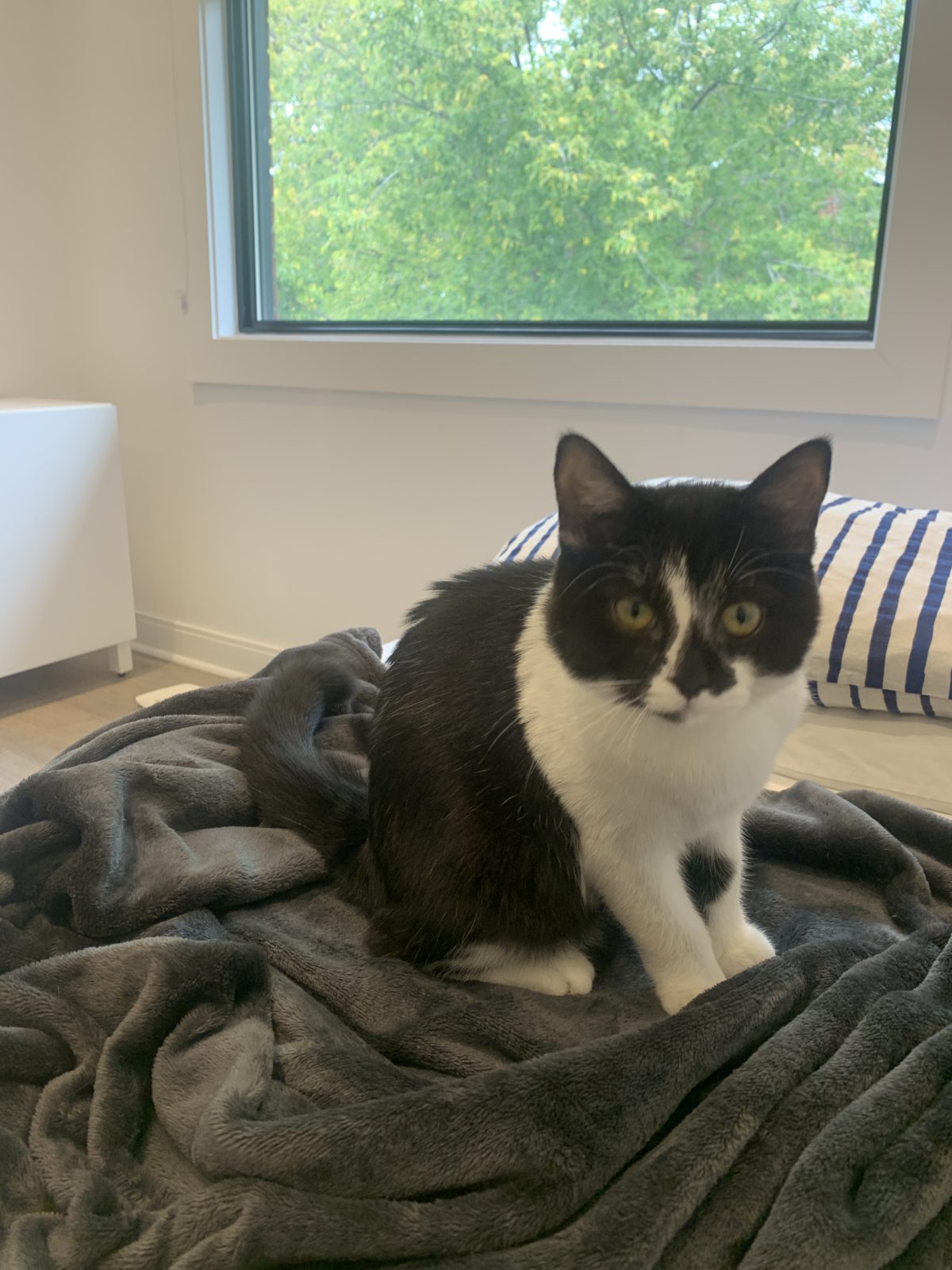Howard Jones musically asked, “What is love anyway? Does anybody love anybody anyway?” Well Howard, I think I’ve got the answer for you.
Love is a very ambiguous term. I love pickles and I love my cat. I love my brother and flowers. I love to travel and I love rich Excel spreadsheets. I love oceans and I love refreshing naps. Clearly these are not all the same things.
One way we can sort out some of this ambiguity is to first understand that love is a noun, verb and adjective.
All of those things above refer to the noun. When I say I love pickles, I am saying that this is a characteristic of me that spans the indefinite and definite. The indefinite means I’m saying I do and will love all pickles, (which isn’t entirely true since I dislike bread & butter pickles, but this doesn’t matter right now), and the definite says that if you place a pickle in front of me, I will love it. Irrespective whether the many or the one, I am referring to a love that exists in my head and hence forms part of my being. So it can safely be said that I love pickles, because I do.
This gives rise to the adjective. Because I love pickles, I am a….pickle lover. Is it a descriptive way to understand my being. I didn’t pick and choose whether I should love pickles, I just do. So if you want to better understand something, think of those things it loves and you can safely use those things as factual descriptors to better understand something without judgment or undue labelling.
The most interesting understanding of love is the verb, because we are what we do (and intentionally don’t do). If somebody loves something you would expect them to act in ways to be loving. Assumedly, love compels us to do things we otherwise would not do. A father crosses a crowded room to kiss his son. An uncle sits in awful traffic to pick up a niece from the airport. A partner overcomes their psychological issues to have a successful relationship in the present. An individual moves to Africa to rescue elephants. A person stops eating animal products to prevent the suffering of animals. An individual goes to undergraduate studies to later pursue medicine. These may all demonstrate the verb version of love, and as is evident, these are the version of love that matters.
I’ve previously written that our souls create both attractive and repulsive internal forces that compel us to action (and our egos try to hijack and sabotage these). These forces may all originate from love, I don’t know. What I do know is that unless we demonstrate love in action, it is of no value to the universe. The noun and the adjective merely fill our minds with labels and states, but only the verb can carry out the will of love, and this is why we have arms, legs, voices, literacy, and all the other tools of love. Love has compelled songs, self improvement, monuments, relocation, and vast accommodation. Love in action has been confused and conflated with symbology and proxies, which is a peril to be avoided.
Quite practically, if you love someone and your baggage prevents you from having a healthy relationship with them, you will put everything you’ve got into overcoming your baggage (and not make up excuses). If you love the environment, you will put everything you’ve got to sustaining its integrity and continuity (and not find exceptions). If you love yourself and find yourself imbalanced in life, you will show love in correcting this (and not tolerate alternatives).
Haddaway shied away from love that “hurt me”, and well, that ain’t love. Love takes bravery and tenaciousness, and an utter intolerance for that love not to be expressed, despite how much it costs. Love is unilateral and has no opposition but the ego, so it should flow as love is intended.
This is not to suggest that love is expressed stupidly. If you love something that refuses your love, (or any love) the only thing that changes is the expression of your love. Parents love their young children and heap upon them versions of affection that change as the child grows and accepts love from others. Love is not inflexible; love adapts to give love in the ways that are achievable unidirectionally. The child goes into the world and receives more of a loving check-in, loving safety net, and loving distance versus the abundant physical affection and loving proximity.
So as we contemplate ‘what is love’, there are many answers however only one matters. Love is what we do to express love in a nonsymbolic way that is tailored to the recipient.


